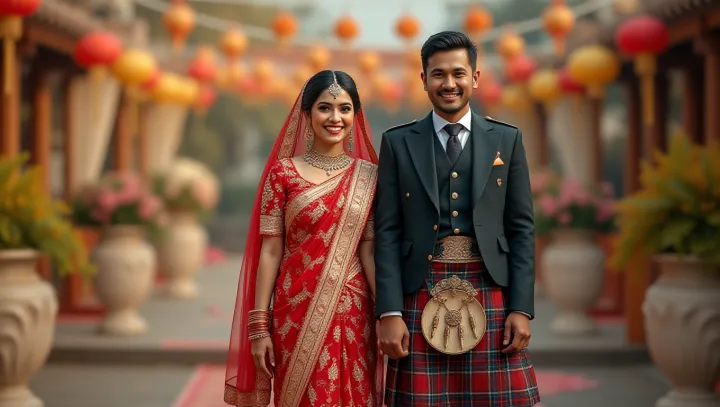Cultural Richness of Global Wedding Traditions

In cities from Tokyo to Ankara, wedding traditions highlight cultural richness amid a rapidly globalizing world. These customs, ranging from attire to ceremonies, are not merely festive occasions but intricate rituals laden with symbolic meaning. The garments worn during weddings are often emblematic, with the Indian saree or Japanese kimono speaking volumes about cultural heritage.
John Harper, a cultural anthropologist, notes the associated rituals often serve as cultural preservation efforts, ensuring the transmission of values across generations. Ceremonies also vary widely, reflecting regional beliefs and histories. In Greece, for example, the traditional crowning ritual symbolizes the unity and equality of the partners.
Such practices are profound societal affirmations of the marriage institution, as Dr. Emily Clark, a sociology professor, explains. While traditions may appear quaint or dated, they adapt and persist, demonstrating resilience in the face of modern challenges.
The combination of ancient customs with personal touches allows for a nuanced celebration that honors the past while embracing the future.
